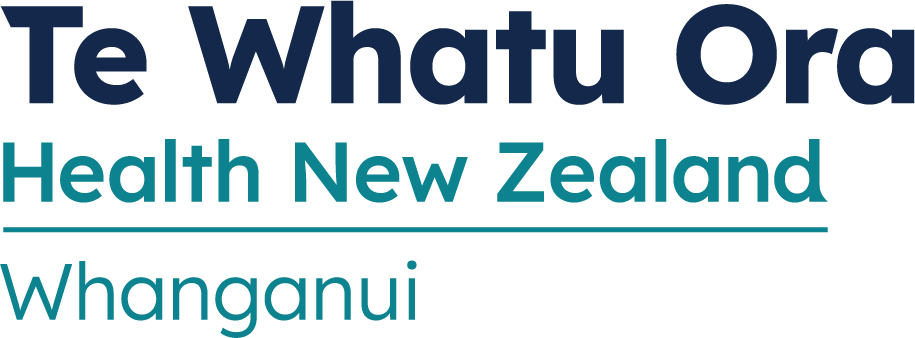
23 July 2018
Whanganui Hospital’s Maternity and Children’s Wards are encouraging patients, family members, visitors and ward staff to choose water as their preferred drink and to support ‘Water is Best’ both in the hospital and at home.
Whanganui District Health Board (WDHB) Oral Health project manager Felicity Spencer says staff are being asked to lead by example. And parents and visitors are being encouraged to avoid bringing in sugary drinks.
“We know parents like to bring treats in for their children but when those treats include sugary drinks, we want to raise awareness about the damage that sugary drinks can do to their child’s teeth and long-term health,” Mrs Spencer says.
“As a DHB, it’s important we show leadership in providing and encouraging healthier food and drinks. It’s well known that many people end up in hospital with diseases resulting from what they eat and drink.
“Healthy choices need to begin at a young age to help people of all ages prevent tooth decay and obesity. Every child deserves a healthy start in life.”
Mrs Spencer says it’s worth remembering that drinks considered ‘healthy’ such as juice and sports drinks, contain significant amounts of sugar. “A glass of juice contains approximately 6.5 teaspoons of sugar, and a bottle of sports drink approximately, 14 teaspoons. It is recommended that children have no more than six teaspoons of added sugar in their diets per day.”
From 1 August, 100 children admitted into the Children’s Ward will receive a ‘goody’ bag with a water bottle sponsored by Sports Whanganui, a toothbrush and toothpaste, and written material for their parents and themselves.
|
Sugary drinks are the major source of sugars consumed by children and young people in New Zealand. They are associated with dental decay, weight gain and obesity (2). The 2014/15 annual New Zealand Survey, reported that 29,000 children under the age of 14 years have had teeth removed due to decay, an abscess, infection or gum disease in the preceding 12 months (2). Approximately 268,000, or one in three, New Zealand Children are either overweight or obese (1). References:
|



